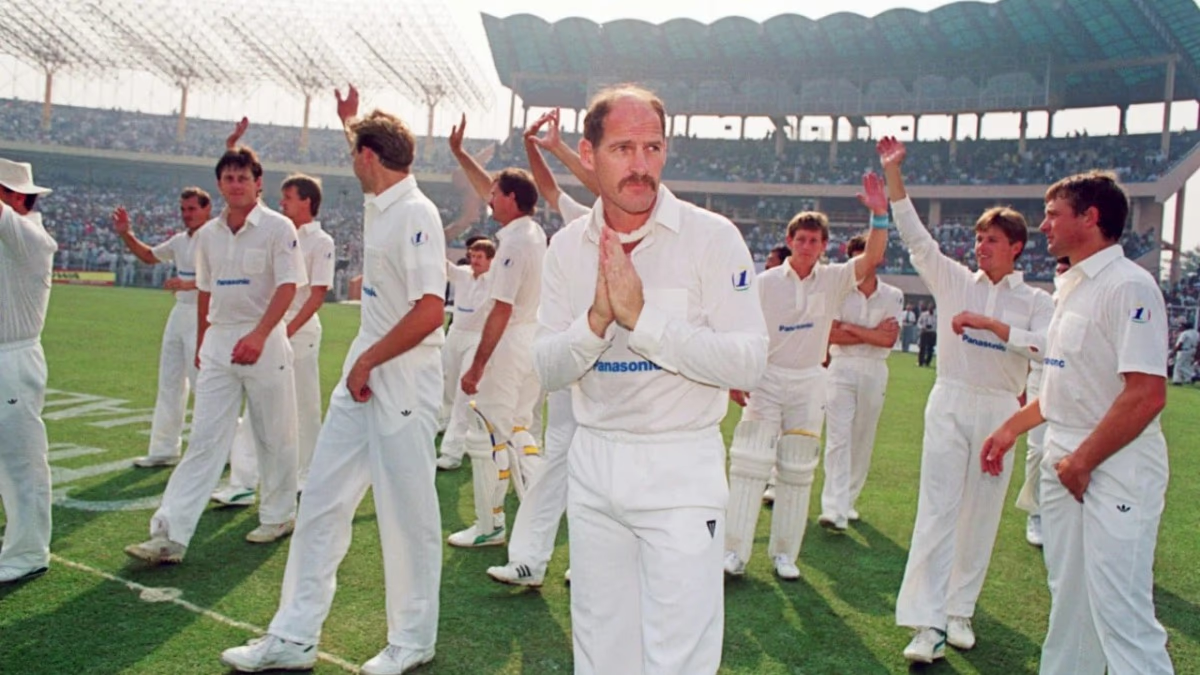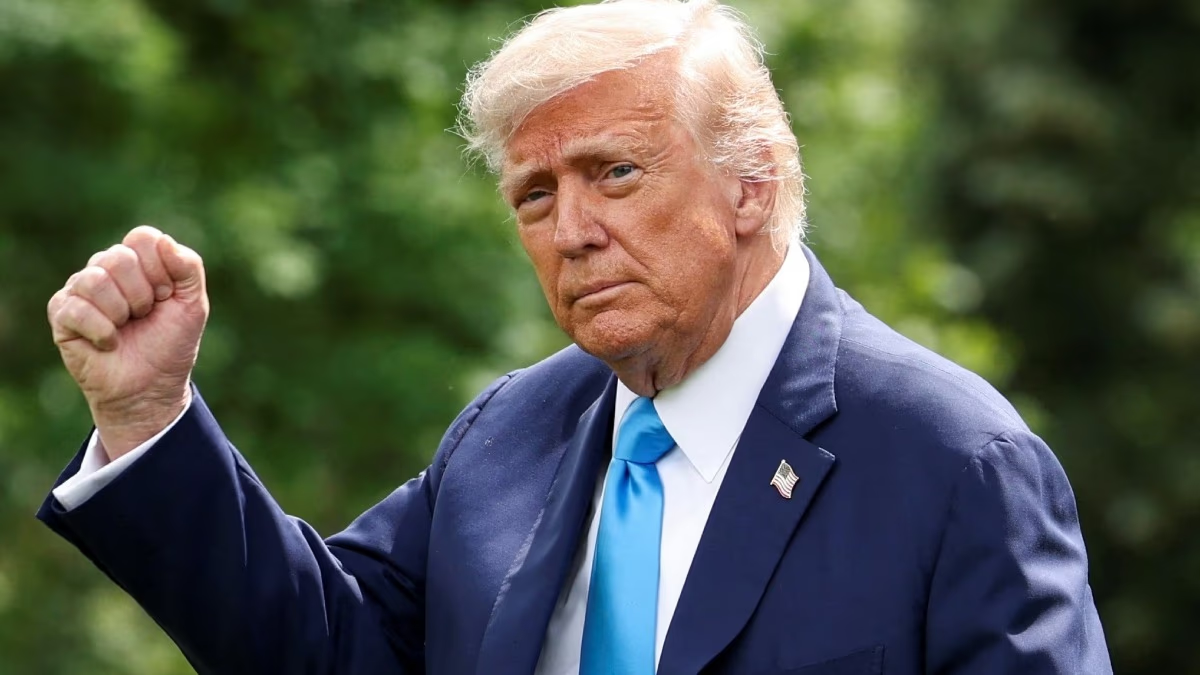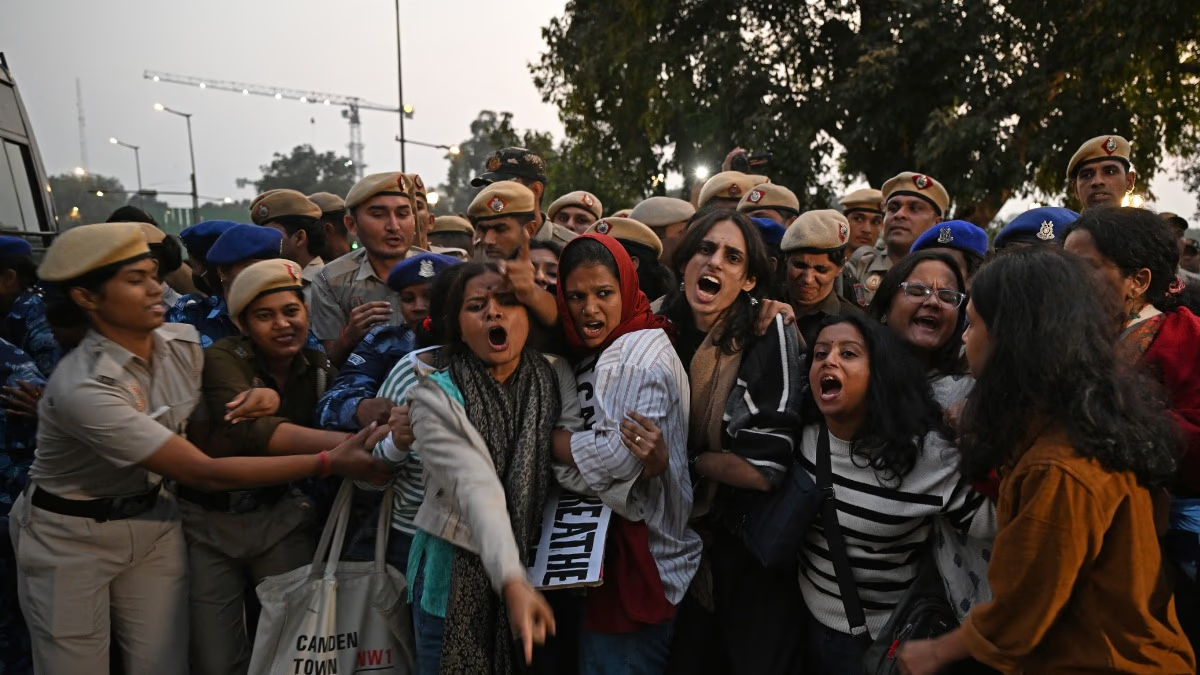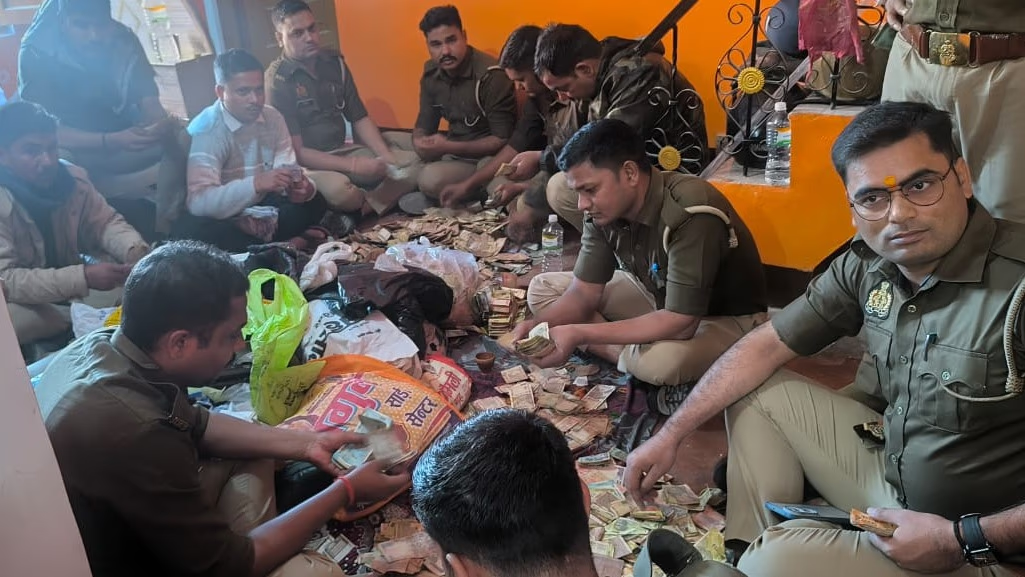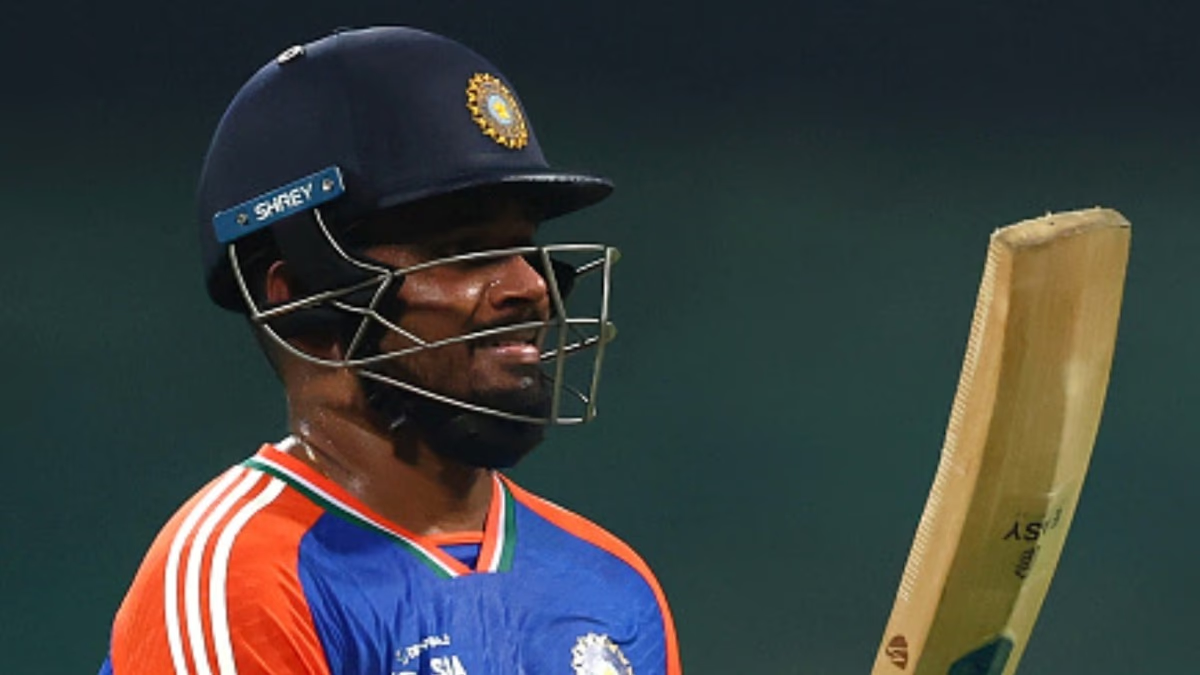In the annals of cricket history, November 10 is a date of immense importance. It was on this day, 34 years ago in 1991, that South Africa marked its return to international cricket. The comeback match against India was hosted at Eden Gardens, Kolkata. For players, fans, and officials, it was a profoundly emotional occasion, as after being away from the international arena for 21 years, the team finally took the field.
The apartheid policy had led the world to isolate South Africa, removing it from international cricket post the 1969-70 season. However, when changes began to dismantle apartheid within four months, the International Cricket Council (ICC) reinstated its membership. Promptly, South Africa's tour to India was planned, receiving enthusiastic support from Indian fans, culminating in a packed Eden Gardens for their comeback match.
Allan Donald's Stellar Debut
The match concluded with a three-wicket win for India, but it transcended typical win-loss narratives, brimming with emotional resonance. Except for Kepler Wessels, every other South African player debuted in this match. Wessels had previously represented Australia in international cricket. Allan Donald, South Africa's pace bowler, stunned the cricketing world by claiming five wickets for just 29 runs, securing his place on the global stage.
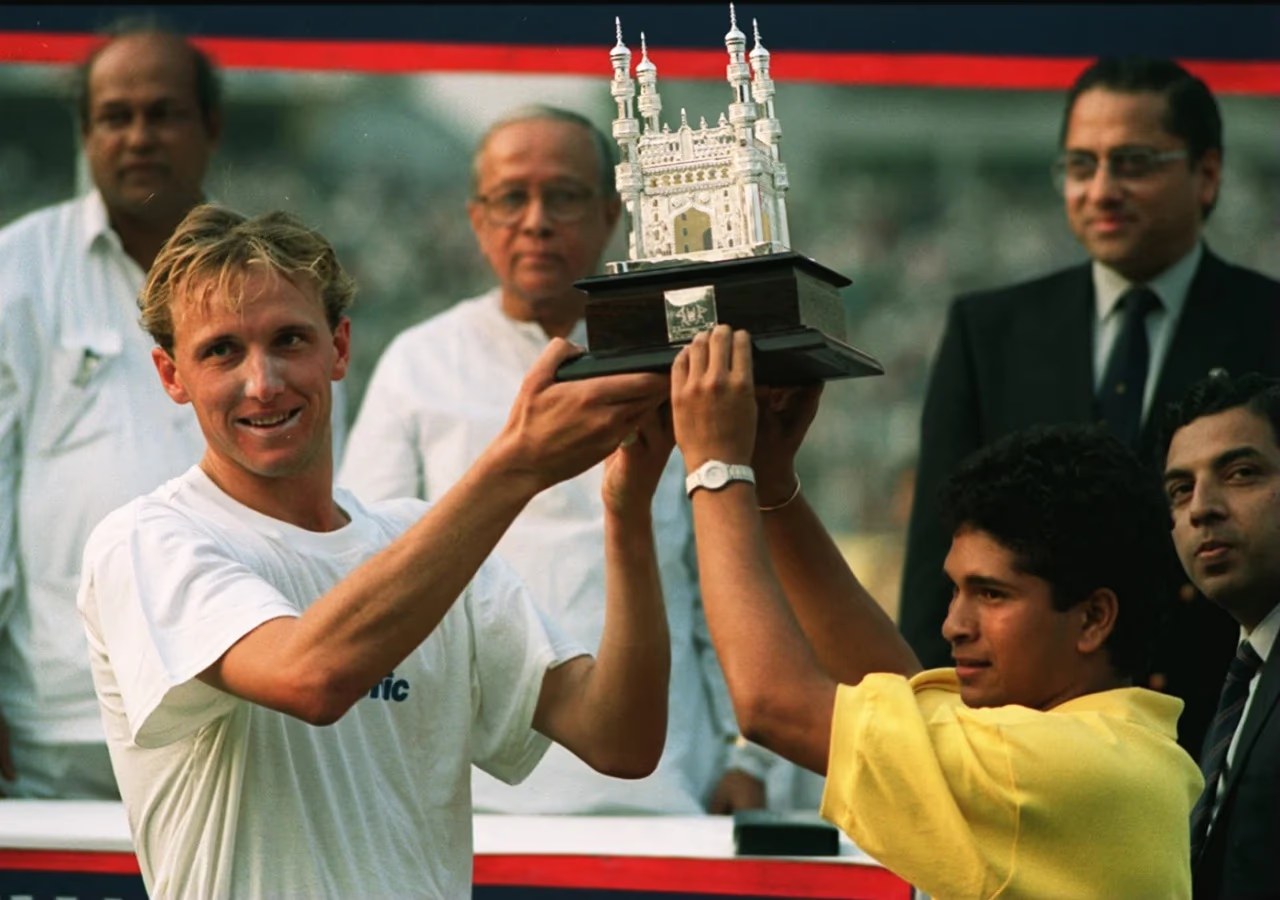
Source: aajtak
In the comeback match, Clive Rice led the South African team. The toss was won by India's captain Mohammad Azharuddin, who opted to bowl first. The match was organized as a 47-over contest. South Africa managed a score of 177/8, owing to Kepler Wessels' 50 and Adrian Kuiper's 43. India's Kapil Dev and Manoj Prabhakar each took two wickets. In response, the Indian team secured victory in 40.4 overs. Sachin Tendulkar (62 runs) and Pravin Amre (55 runs) played half-century innings, with Tendulkar also taking a wicket in his bowling stint. Both Tendulkar and Allan Donald were jointly named the 'Players of the Match'.
South Africa played a total of three One Day Internationals during their India tour. The second ODI was held on November 12, 1991, in Gwalior, which India won by 38 runs. The final match on November 14, 1991, saw South Africa achieving their first win since their return, defeating India by 8 wickets. Despite losing the series 1-2, it set the foundation for South Africa's future cricketing successes.
Understanding South Africa's Ban
The South African government imposed a policy that restricted team participation to white nations (England, Australia, or New Zealand), also insisting that opposing teams must include only white players. The ICC took a strong stand against this racial policy, suspending South Africa from all cricket activities in 1970. This ban adversely affected a generation of South African cricketers. Over time, as the government abolished apartheid, South African cricket reengaged with the international community after a 21-year hiatus.
Despite the historic nature of the comeback match, it was both the first and last international series for South African captain Clive Rice. A legendary all-rounder, Rice's domestic career was substantial due to the ban's restrictions. At 42 years and 110 days of age, Rice made his international debut. Had he played regularly at the international level, Rice's name might have been alongside greats like Kapil Dev, Imran Khan, Ian Botham, and Richard Hadlee. His first-class career boasts 26,331 runs and 930 wickets, with 13,474 runs and 517 wickets in List A matches.
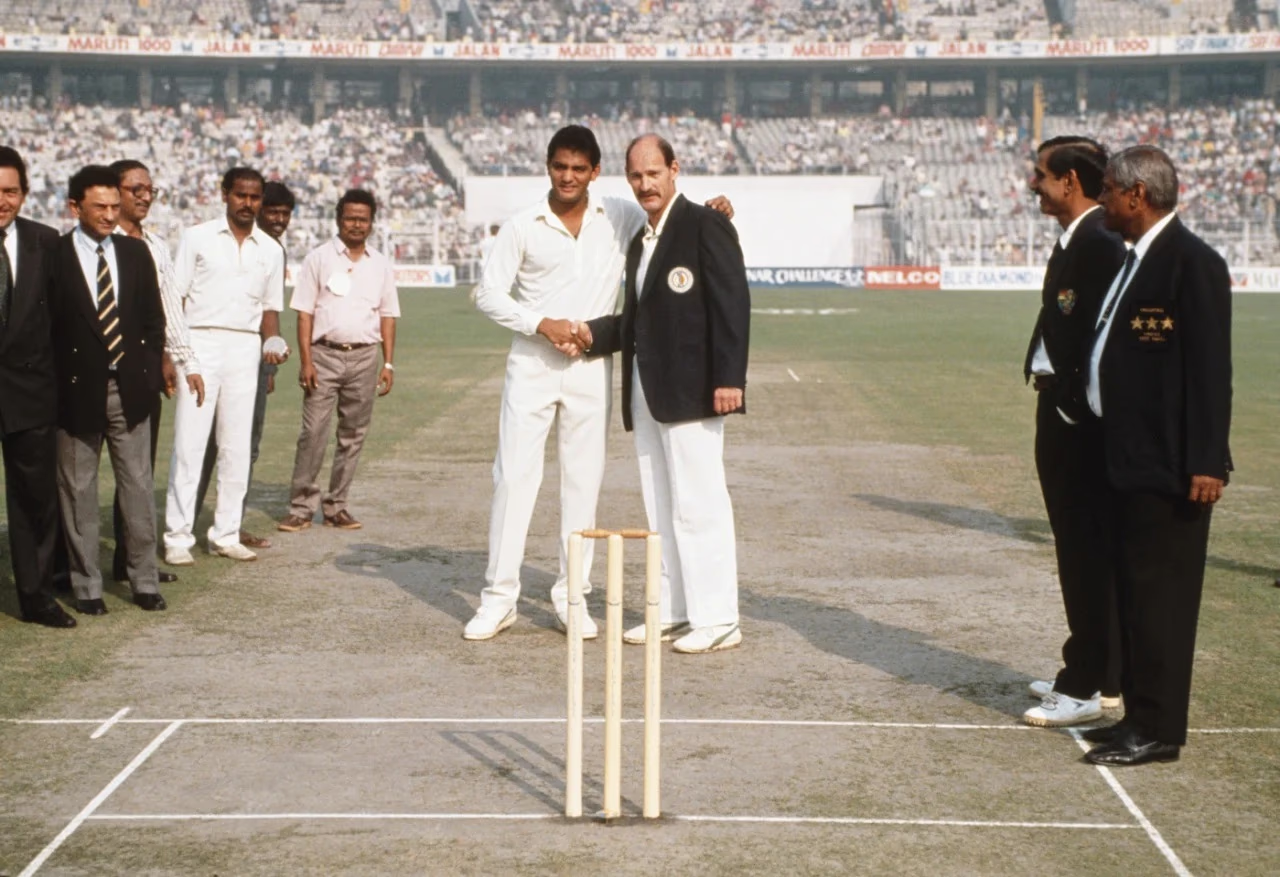
Source: aajtak
Following the historic match at Eden Gardens, a statement by Clive Rice entrenched itself in cricketing lore: 'I feel something akin to what Neil Armstrong must have felt when he first stepped foot on the moon.' Rice passed away in 2015 at the age of 66.
The India-South Africa match on November 10, 1991, at Eden Gardens continues to live in the hearts of fans. It was more than a match; it was a testament to the triumph of sportsmanship and the rekindling of humanity. That day, cricket taught the world that the greatest games are sometimes played within the human heart.
